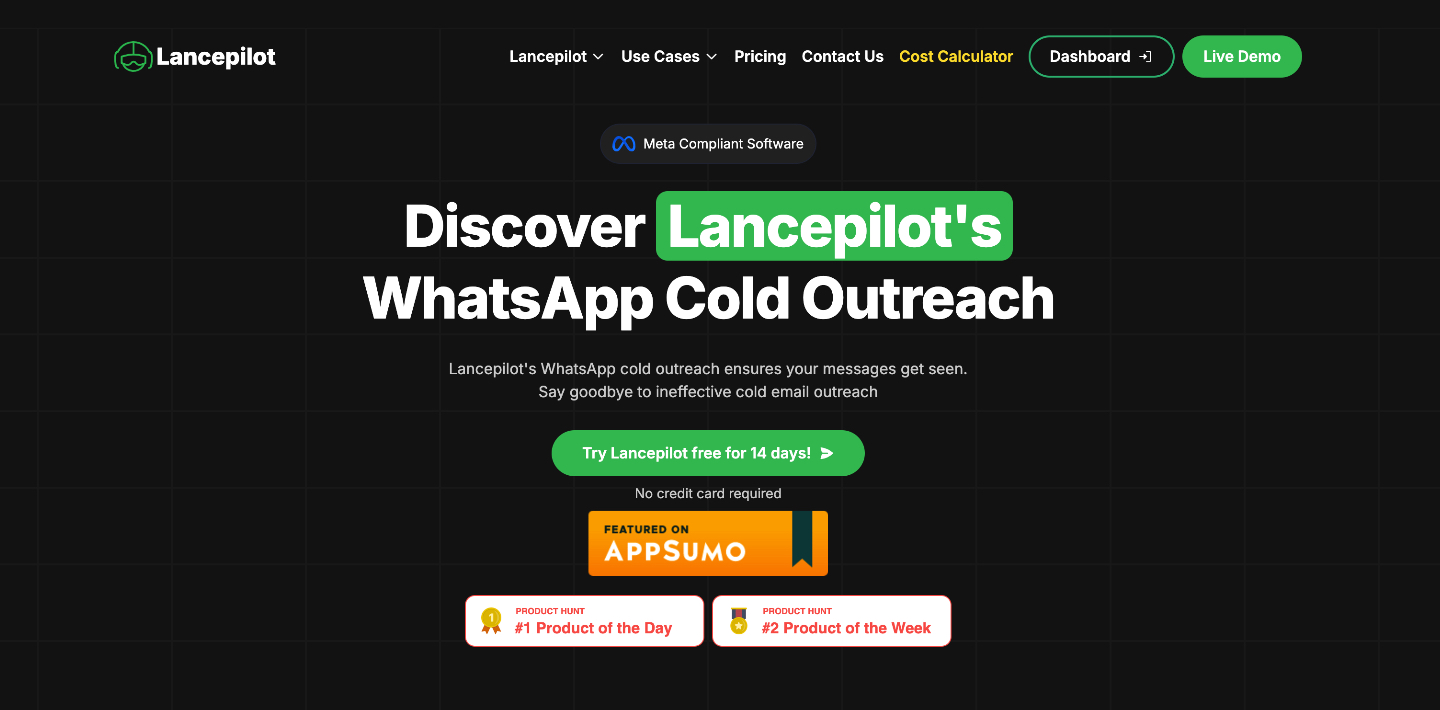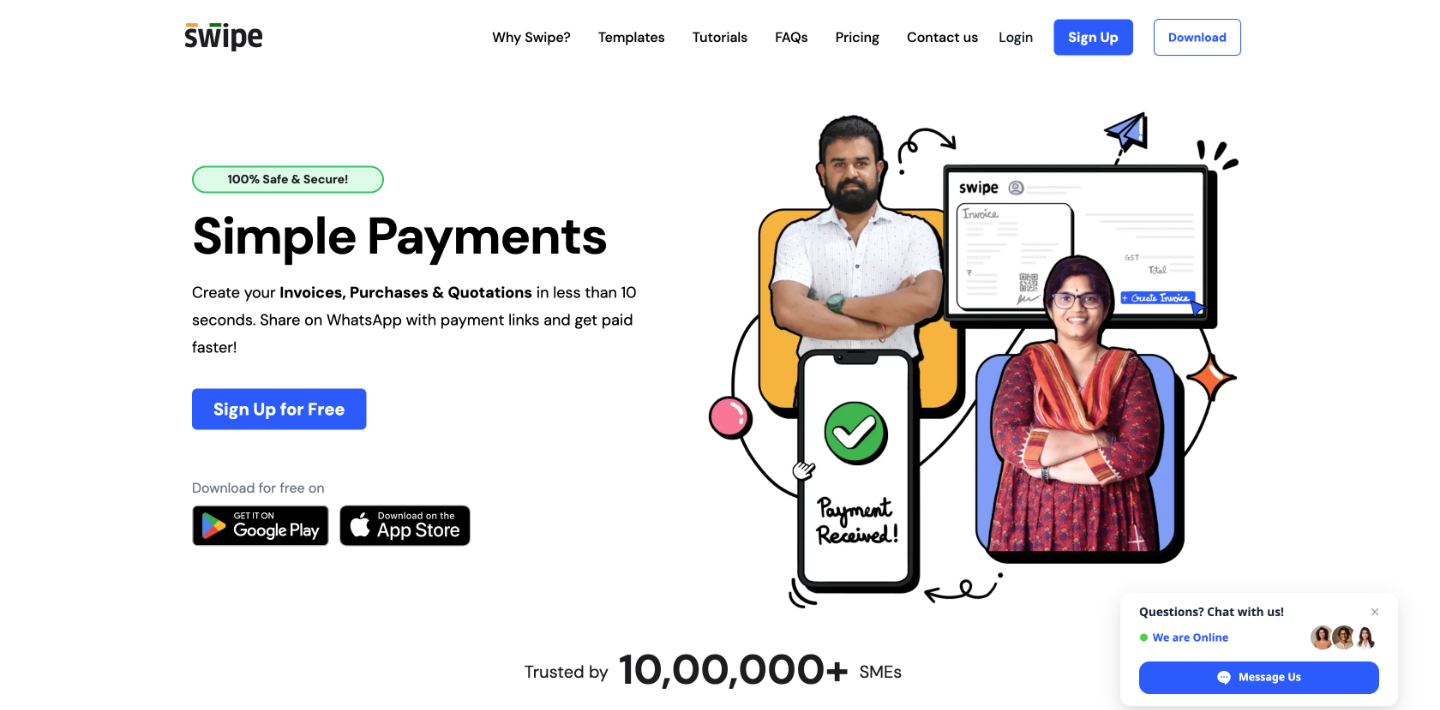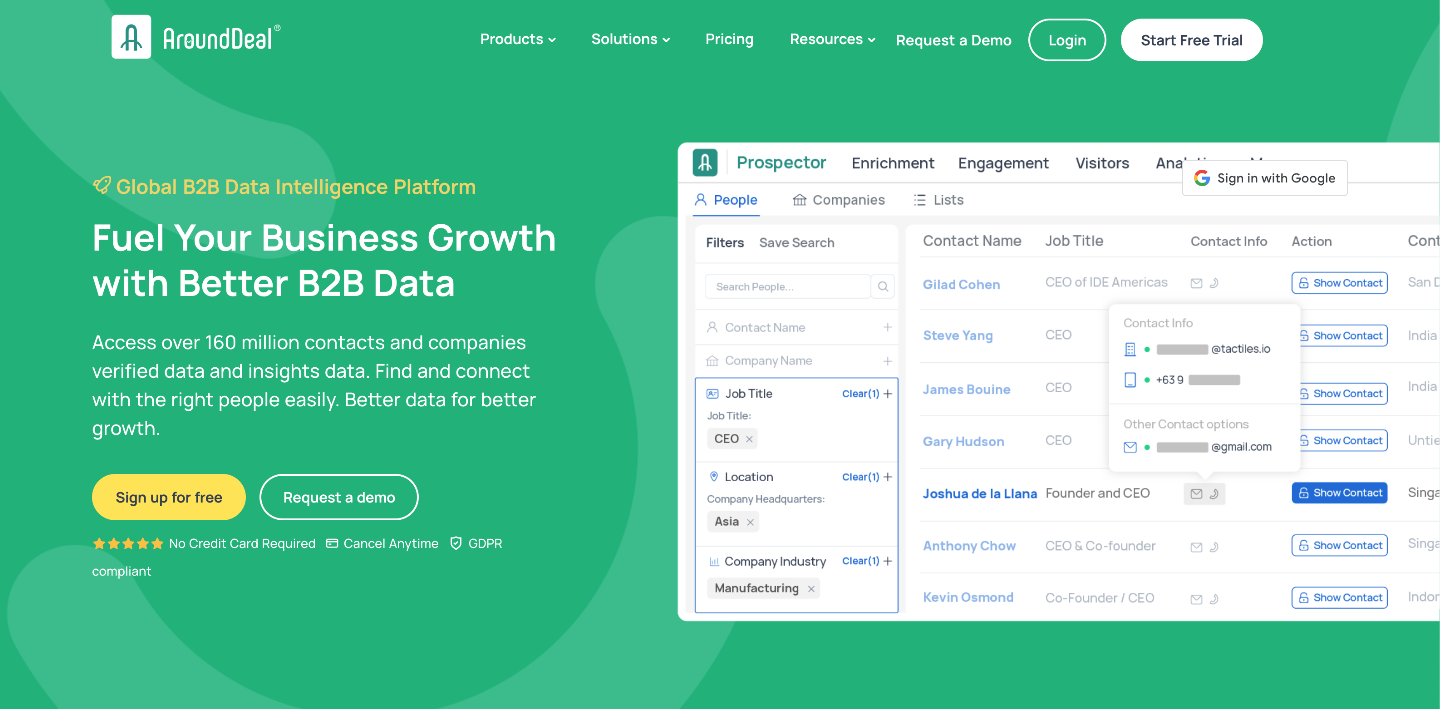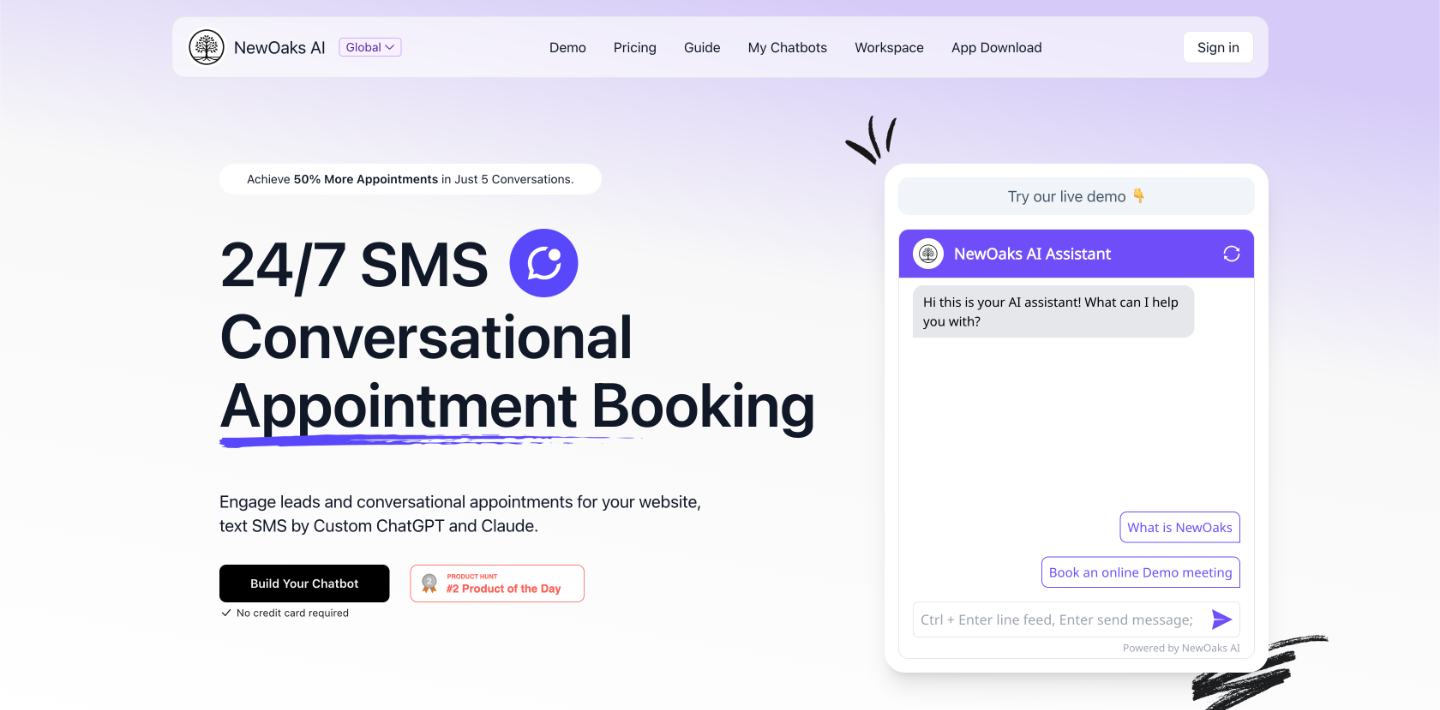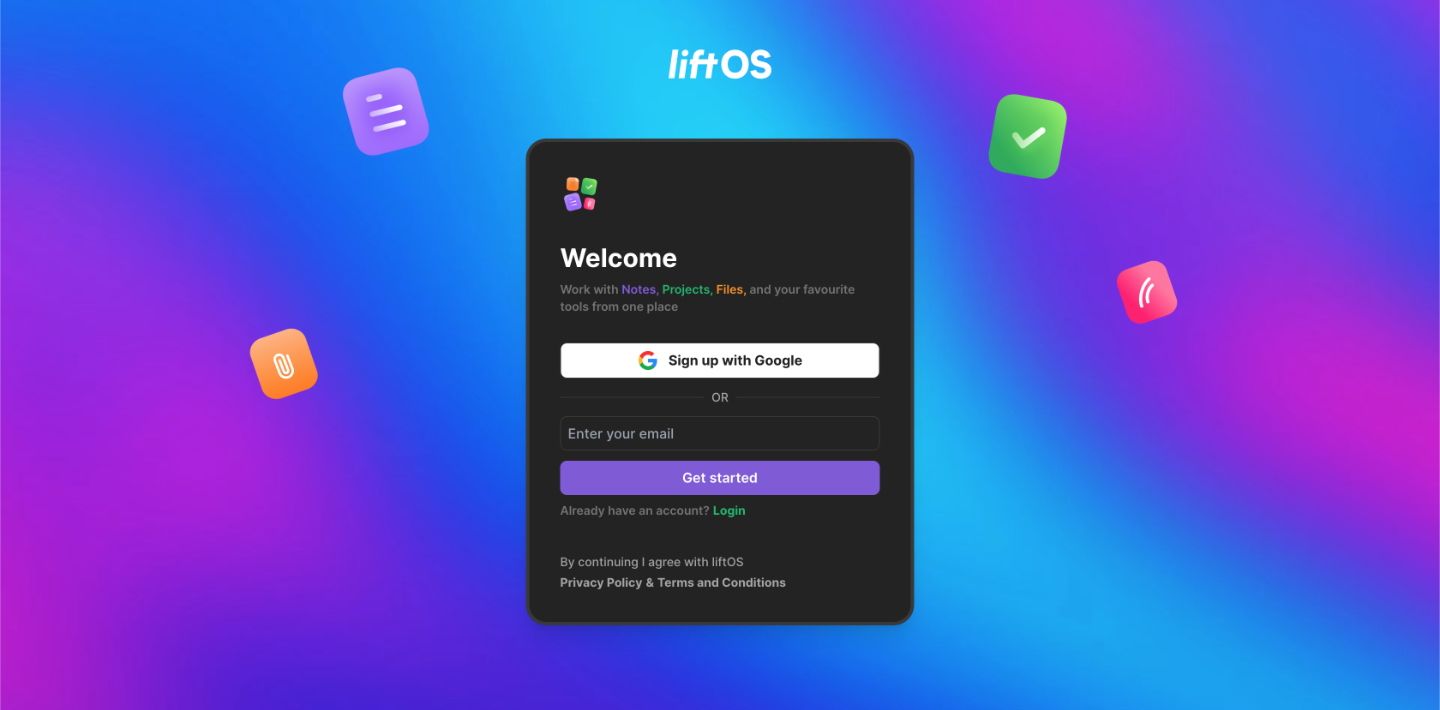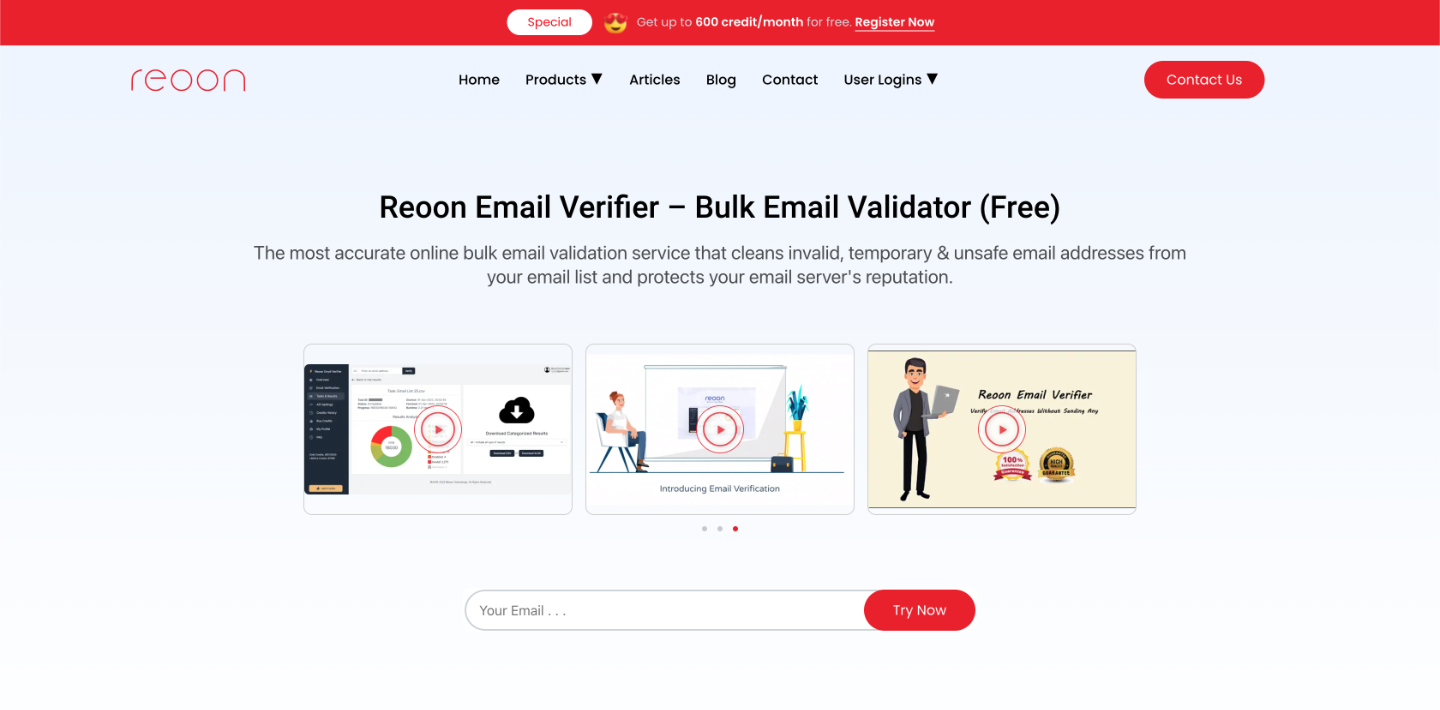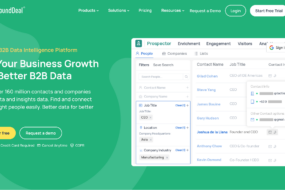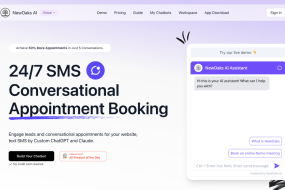
Albato is a powerful platform that allows users to integrate and automate apps without the need for any coding knowledge. This innovative tool simplifies the process of connecting different applications and automating workflows, making it easier for businesses to streamline their operations and improve efficiency.
With Albato, users can create seamless connections between various apps and services, such as project management tools, customer relationship management (CRM) systems, email marketing platforms, and more. The platform offers a user-friendly interface, allowing users to easily set up integrations and automation without the need for complex coding or technical skills.
Benefits of using Albato for app integration and automation
By using Albato for app integration and automation, businesses can enjoy a range of benefits, including:
1. Streamlined Workflows: Albato helps businesses automate repetitive tasks and streamline workflows by integrating different apps and services. This saves time and reduces manual effort, allowing teams to focus on more important tasks.
2. Increased Efficiency: With Albato, businesses can automate processes such as data synchronization, notifications, and data transfers between apps. This ensures that information is updated and eliminates the need for manual data entry, leading to increased efficiency and accuracy.
3. Improved Collaboration: Albato enables seamless communication and collaboration between different teams and departments by integrating their preferred apps and tools. This promotes cross-functional collaboration and ensures that everyone has access to the same information and data.
4. Cost Savings: By automating tasks and integrating apps, businesses can reduce the need for manual labor and eliminate errors caused by manual data entry. This can result in significant cost savings and improved productivity over time.
5. Scalability: Albato is designed to grow with your business. As your needs evolve, you can easily add and integrate new apps and services into your workflows without the need for extensive coding or technical support.
Key features of Albato
1. No-code Integration: Albato allows users to integrate and automate their apps without any coding knowledge. This makes it accessible to a wide range of users, regardless of their technical expertise.
2. Seamless Integration: Albato seamlessly integrates with popular apps and tools, making it easy to connect and automate workflows across different platforms. This ensures that data and information flow smoothly between applications.
3. Automated Workflows: With Albato, users can create and automate workflows to streamline their business processes. They can set up triggers and actions to automate repetitive tasks, saving time and reducing manual effort.
4. Real-time Monitoring and Analytics: Albato provides real-time monitoring and analytics, allowing users to track the performance of their automations. They can gain insights into usage, errors, and bottlenecks, enabling them to optimize their processes.
Step-by-step guide to integrating apps with Albato

1. Sign up for an Albato account: To get started with integrating and automating apps without code, visit the Albato website and sign up for an account.
2. Connect your apps: Once you’re logged in to your Albato account, navigate to the integration section and select the apps you want to connect. Albato supports a wide range of platforms and applications, making it easy to integrate your preferred tools. And if you can’t find the app you want, you can deploy it through the no-code App Integrator.
3. Authorize the app access: Follow the prompts to authorize Albato to access your chosen apps. This step ensures that Albato can retrieve and process the necessary data for seamless automation
4. Define triggers and actions: After you have successfully connected your apps, you can define triggers and actions to automate your workflows. Triggers are the events or conditions that initiate an action, and actions are the tasks you want to be performed automatically.
5. Customize your automation workflows: Albato provides a drag-and-drop interface that allows you to customize your automation workflows according to your specific needs. You can set up conditional workflows, schedule tasks, and personalize the automation process to match your workflow requirements.
Examples of app automation with Albato
- Sales and CRM: Automate the process of capturing leads from a website form and adding them to your CRM system, eliminating the need for manual data entry.
- E-commerce: Streamline your e-commerce operations by automatically syncing product inventory, tracking orders, and updating customer information across multiple platforms.
- Marketing: Automate email marketing campaigns by triggering emails based on user actions, such as registering for a webinar or making a purchase.
- Customer Support: Automate the creation of support tickets and route them to the appropriate department based on predefined rules and conditions.
- Finance and Accounting: Automatically generate invoices and update accounting software with transaction data from e-commerce platforms.
Different pricing tiers and features offered by Albato:

1. Free Plan: Albato offers a free plan that allows users to integrate up to 5 apps and automate basic workflows. This plan is a great option for individuals or small teams starting with automation.
2. Standard Plan: The Standard plan is priced at $19 per month and offers more advanced features. With this plan, users can integrate up to 20 apps, automate complex workflows, and get priority support from the Albato team.
3.Professional Plan: The Professional plan is priced at $49 per month and is designed for larger teams and businesses. It offers unlimited app integrations, advanced workflow automation, and dedicated support.
4. Enterprise Plan: The Enterprise plan is tailored for enterprise-level organizations with specific requirements. It offers custom pricing and additional features, such as advanced security and compliance.

